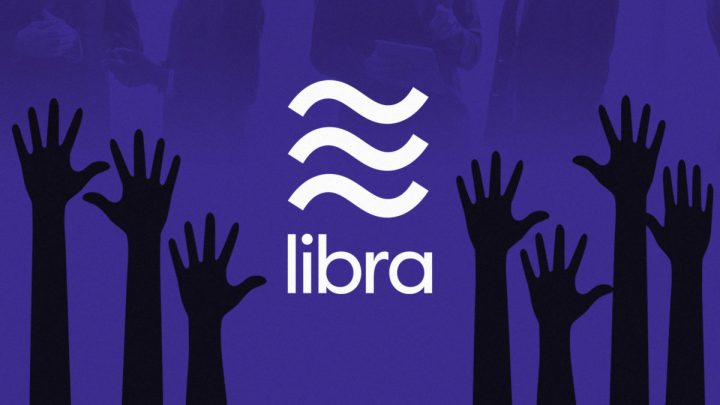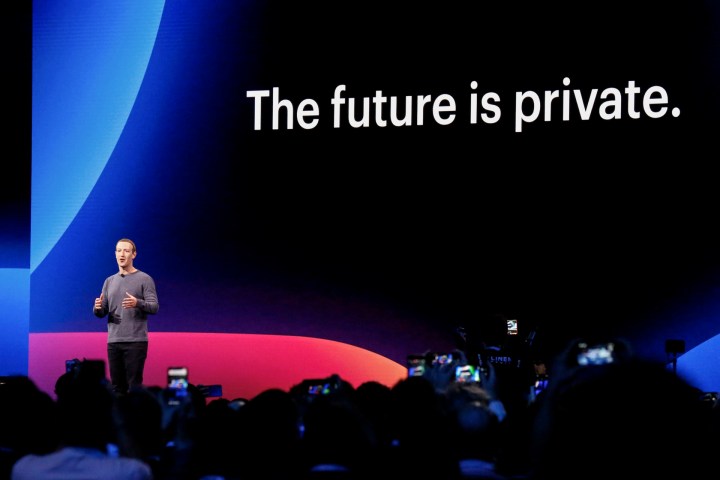
Just as the initial buzz around Facebook’s newly unveiled Libra cryptocurrency started to die down, it roared back to life this week with India’s announcement that it is considering a ban on the cryptocurrency within its jurisdiction. If the prohibition were to go into effect, Libra would be kept out of the third-largest market in the world’s most populous continent, which would seriously imperil the fledgling digital currency. This adversarial stance by the Indian government also comes only days after the U.S House of Representatives issued a request for Facebook to delay Libra’s launch so that possible regulatory measures could be devised, debated, and enacted.
Considering the segment of consumers Libra targets, India’s proposed ban poses an especially dire threat. In the cryptocurrency’s debut last month, Facebook noted that Libra was designed to allow smartphone users without reliable access to bank accounts to exchange fiat currency into Libra to facilitate online purchases. By giving so-called “unbanked” adults around the world a frictionless way to engage in online commerce, Facebook would ostensibly benefit from essentially dominating the market for such a solution.
When weighed against Libra’s raison d’etre, India occupies the sweet spot between low bank account use, exploding smartphone adoption, and a large and accelerating economy. In fact, India’s market makes for such a perfect fit for Libra that it is a near certainty that Facebook had the country in mind to drive phase one of the rollout. Without India, Libra’s hopes could be dashed before a single coin is traded.
It might seem puzzling at first blush to see India taking such a hard line on Libra, but it makes more sense when viewed in the context of Facebook’s dubious history expanding in the developing world and India’s bid for global economic supremacy. As Facebook’s uptake in the developed world has basically hit its peak, the social network has been desperately trying to dig out a foothold in developing regions.

These initiatives have usually been cloaked in the guise of altruism. Upon further inspection, they tend to be near exploitative beneath the surface. The most notable instance of this was Facebook’s developing world internet connectivity project, facebook.org, which was found to only allow access to only a handful of websites with much of their encryption stripped out (ostensibly to open user data to collection and mining). Any country would understandably be loath let a company that shows such contempt for users’ privacy and security do business within its borders.
On top of that, India is vying to become an economic superpower, and allowing a foreign-controlled digital currency to set up shop in the country would be seriously at odds with those plans. Part of growing an economy to superpower proportions involves strengthening domestic banking institutions, particularly to the point where they extend more and more credit abroad. The last thing India, or any nation in a similar position, would want is to stifle the growth of its domestic banking sector. It’d be doing exactly that by opening it to competition with a banking alternative backed by such foreign payment processing heavyweights as Visa, MasterCard, and PayPal.
Until India receives assurances from Facebook and the Libra Association that Libra won’t abuse its citizens’ digital privacy, and won’t harm its domestic banking interests (the latter guarantee being much harder to ensure than the former), India seems unlikely to budge on the its promised ban.



